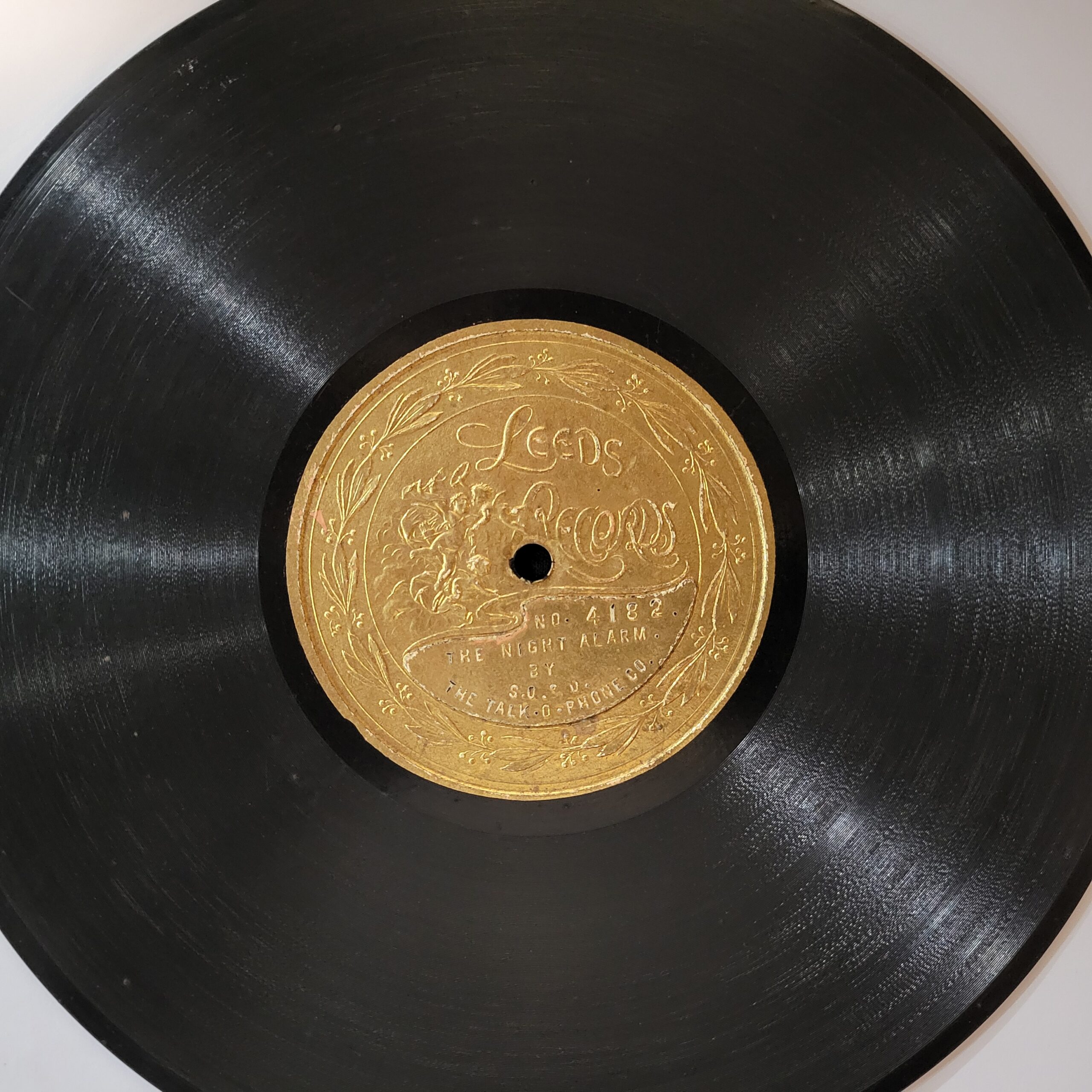Leeds Records was founded in the year 1905 by two passionate entrepreneurs, Thomas Leeds and Robert Stevenson. Based in the heart of Leeds, England, the label aimed to bring cutting-edge music to the masses. Leeds and Stevenson recognized the potential of the emerging recording technology and sought to harness its power to revolutionize the music industry.
Leeds Records quickly gained a reputation for its commitment to nurturing and supporting up-and-coming artists. The label’s roster boasted a diverse range of musicians, spanning genres from blues and jazz to folk and country. Leeds had a keen eye for talent and believed in giving artists creative freedom to express themselves fully.
Despite its success, Leeds Records faced a series of legal hurdles that threatened its existence and tarnished its reputation. The copyright infringement lawsuits were not the only legal battles the label had to navigate. Leeds Records found itself embroiled in contract disputes with artists, rival record labels, and music publishers, adding to the complexity of its legal challenges.
Competing record labels accused Leeds of engaging in unfair distribution practices, monopolizing certain markets, and manipulating sales figures to gain an unfair advantage. These allegations led to investigations by regulatory authorities, further straining Leeds’ resources and reputation. Though Leeds maintained its innocence throughout the investigations, the negative publicity and legal costs took a toll on the label’s operations.
Another legal challenge that haunted Leeds Records was the issue of bootlegging and piracy. The early 1900s saw the rise of unauthorized reproductions and counterfeit records, causing significant financial losses for legitimate record labels like Leeds. The label embarked on a mission to crack down on bootleggers and protect its intellectual property rights. However, the underground nature of bootlegging networks made it difficult to completely eradicate the problem. Leeds Records invested substantial resources in anti-piracy measures, including hiring private investigators and working closely with law enforcement agencies. Despite these efforts, the label struggled to regain control over its music and suffered from reduced sales and a damaged reputation.
The legal battles faced by Leeds Records extended beyond copyright infringement and contractual disputes. Two notable adversaries in the music industry, Columbia Records and Victor Talking Machine Company (later known as RCA Victor), played a significant role in Leeds’ legal struggles.
Columbia Records, a major competitor of Leeds, filed a lawsuit against the label in 1908, accusing Leeds of engaging in unfair trade practices and attempting to monopolize the market. Columbia claimed that Leeds Records had been coercing retailers and distributors into exclusive contracts, effectively shutting out other record labels from accessing crucial distribution channels. The legal battle between the two labels ensued for several years, resulting in a publicized courtroom drama. Leeds defended its actions, arguing that it was merely striving to secure a fair share of the market and provide its artists with broader exposure. Ultimately, Leeds emerged from the lawsuit with a victory, as the court ruled in favor of the label, recognizing its right to compete in the industry and establish distribution partnerships freely.
Victor, a prominent player in the industry, claimed that Leeds had infringed upon its patented technologies related to record players and sound reproduction. Victor alleged that Leeds Records was producing and selling record players that utilized similar mechanisms and features covered by Victor’s patents. The legal dispute centered around the question of whether Leeds had indeed violated Victor’s intellectual property rights.
The legal battle between Leeds Records and Victor was closely watched by industry experts, artists, and music enthusiasts. It highlighted the importance of intellectual property rights in the rapidly evolving music technology landscape of the early 1900s. The case also raised questions about the balance between innovation and patent protection, as Leeds argued that its record player designs were distinct and deserving of legal recognition.
This legal battle with Victor over patents also shed light on the intricacies of intellectual property protection in the music industry and the fierce competition between record labels. Leeds Records’ ability to defend itself against the patent infringement claims showcased the label’s determination and commitment to its innovations. However, the financial and reputational repercussions of the legal battle, combined with other legal challenges faced by the label, primarily by Columbia, played a significant role in the closure of Leeds Records in 1912. The cost of litigation and the a final decision by the US Supreme Court in favour of Victor were insurmountable.
Sources
- “Leeds and Catlin: A Pioneering British Recording Enterprise” by R. Michael Wettengel, ARSC Journal, Volume 39, No. 1, Spring 2008.
- “The Early Record Industry: The Leeds & Catlin Story” by Bill Dean-Myatt, 78 Quarterly, Issue 1, 1995.
- “The Leeds & Catlin Story” by Peter Adamson, Record Collector Magazine, September 1993.
- “Leeds & Catlin: The Leeds Connection” by Paul Pelletier, Vintage Jazz Mart, February 1995.
- “The Rise and Fall of Leeds Records” by Sarah Thompson, Music History Blog, July 2020.
- “Early Recording in the 1900s: Leeds Records and Their Legal Battles” by Emily Wilson, Music Archives Blog, August 2019.
